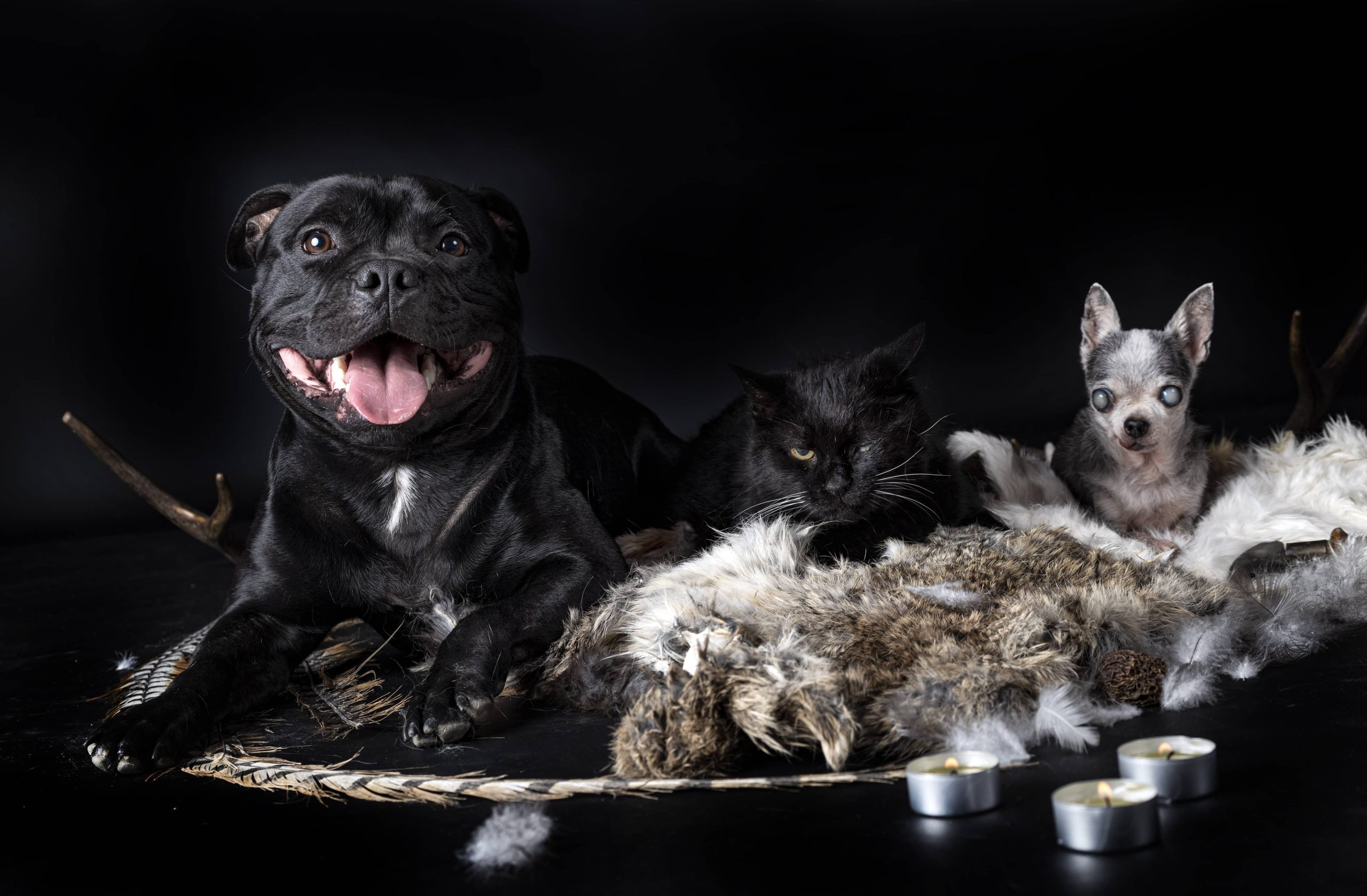
In the burgeoning world of pet ownership, more and more people are trading in traditional pets like cats and dogs for more exotic and uncommon companions. From colorful reptiles and amphibians to charming birds, small mammals, and even miniature pigs, the variety of pets available today reflects their growing popularity. However, it’s important for pet owners to realize that these unique animals often require specialized veterinary care to thrive. In this article, we’ll explore the vital role of exotic pet veterinarians and the specialized care that exotic pets demand.
The Rise of Exotic and Uncommon Pets
For many, owning an exotic pet is a venture into the enthralling world of unusual yet fascinating creatures. Each species brings its own set of behaviors, needs, and quirks, making them appealing to pet enthusiasts seeking something out of the ordinary. However, these pets are not merely novel additions to a household; they are living beings with specific health requirements.
Unlike traditional pets, exotic animals often come from habitats vastly different from our domestic environments. This means that they have unique diets, housing needs, and health concerns. Unfortunately, general veterinary clinics may not be equipped or knowledgeable enough to handle these specifics. Therefore, specialized veterinary care is essential to ensure the well-being of exotic pets.
The Role of Exotic Pet Veterinarians
Exotic pet veterinarians are trained specifically to understand the intricate needs of various uncommon pets. These professionals are often referred to as avian, exotic, or zoo veterinarians, and their expertise extends far beyond that of a conventional veterinary doctor. Here’s a closer look at what they bring to the table:
Specialized Knowledge and Training
Veterinarians who specialize in exotic animals undergo extensive training to understand the biological, environmental, and pharmaceutical needs of these species. This means they are equipped to offer more accurate diagnoses and tailored treatment plans.
Advanced Diagnostic Techniques
Exotic pet vets utilize advanced diagnostic tools tailored to small and atypical species. For example, birds and reptiles require different types of imaging, while small mammals might need specialized blood tests. Exotic vets have access to the equipment and knowledge to interpret these diagnostic tests accurately.
Nutritional Expertise
One of the most challenging aspects of owning an exotic pet is ensuring proper nutrition. Many exotic animals have highly specific dietary needs that, if not met, can result in severe health problems. Exotic pet vets have the knowledge to guide owners in providing balanced diets, whether it’s the right kind of insect for a chameleon or the correct blend of seeds and fruits for a parrot.
Behavioral Understanding
Behavior could be an indicator of health in exotic animals. Due to their wild ancestry, subtle behavioral changes might signal distress or disease. Exotic pet vets are trained to recognize these cues and act accordingly.
Common Health Issues in Exotic Pets
Exotic pets can suffer from a range of health issues that aren’t commonly seen in domestic cats or dogs. Here are some examples:
Respiratory Problems
Birds, reptiles, and amphibians are particularly prone to respiratory issues, often caused by incorrect humidity levels or improper ventilation in their enclosures. An exotic vet can provide guidelines on maintaining optimal living conditions to prevent such issues.
Nutritional Deficiencies
Certain species are highly susceptible to nutritional imbalances. Reptiles, for instance, often suffer from metabolic bone disease due to insufficient calcium or vitamin D3. Exotic pet vets can recommend and monitor a correct dietary regimen.
Parasitic Infections
Exotic pets can harbor various internal and external parasites. A vet trained in exotic animal care can accurately diagnose and treat parasitic infections, ensuring your pet remains healthy and parasite-free.
Skin and Shell Problems
Reptiles and amphibians commonly experience skin or shell issues, such as fungal infections or improper shedding. Specialized care is necessary to address these conditions effectively.
Preventive Care is Crucial
Just like dogs and cats, exotic pets benefit from regular veterinary check-ups. These visits allow the vet to catch any potential health issues early and provide preventive care, such as vaccinations and parasite control. Here are preventive measures exotic and uncommon pet owners should prioritize:
Routine Health Exams
Annual or bi-annual health check-ups are crucial for monitoring the overall well-being of your exotic pet. These check-ups enable the vet to detect early signs of illness that may not be apparent to an untrained eye.
Environment Assessment
A vet familiar with exotic pets can assess your pet’s living environment and offer advice on improvements related to temperature, humidity, lighting, and enrichment. A well-maintained living environment is integral to preventing diseases.
Dietary Consultations
Regular consultations on diet can help in making necessary adjustments to meet the nutritional needs of your pet as it ages or as seasons change.
Choosing the Right Exotic Pet Veterinarian
Choosing a qualified exotic pet veterinarian entails doing a bit of homework. Look for a veterinarian with specific certifications in exotic animal practice, such as those provided by the Association of Exotic Mammal Veterinarians (AEMV) or the Association of Reptile and Amphibian Veterinarians (ARAV). Online reviews, local pet owner groups, and consultations can also help you make an informed choice.
Conclusion
Owning an exotic pet comes with unique responsibilities, chief among them ensuring access to specialized veterinary care. This specialized care extends beyond routine check-ups and into the realms of diet, environment, and behavioral understanding. Ensuring that your exotic pet receives the appropriate medical attention is not just about prolonging their life but enhancing their quality of life. So, if you own or are considering adopting an exotic pet, make sure you have access to a qualified exotic pet veterinarian to help your unique and fascinating companion enjoy a healthy, happy life.






